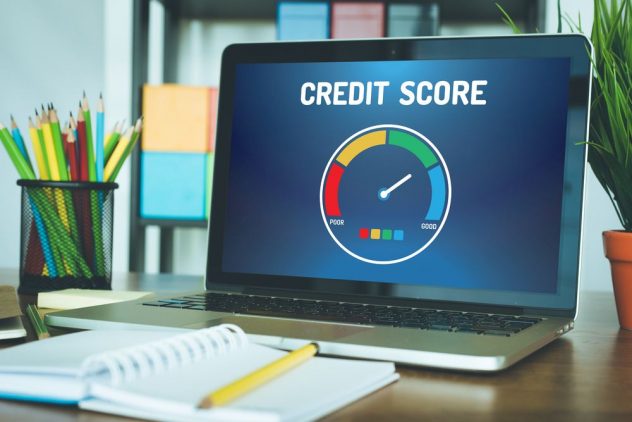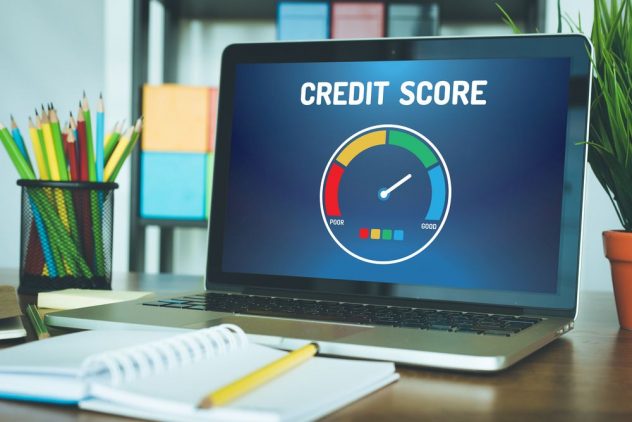
It’s a simple fact – if you want to start a business, you’re going to need money to do it. Indeed, the average UK start-up spends nearly £23,000 in its first year according to this article from the Telegraph. It’s important to have finances to rely on to get you established and to see you through the difficult months when you’re just getting started and building your customer base.
If you don’t have sufficient savings already built up, then to find the kind of money necessary to get started chances are you are going to have to borrow it. Small business loans have long been the first port of call for anyone looking to start a business – but what about those who have a poor credit score?
 Credit is an essential part of your financial status, but sometimes difficult situations can take their toll on your credit score. In the past you may have struggled with paying bills on time or had to turn to short term lenders to meet an emergency expense. So if you have bad credit, can you still start a business?
Credit is an essential part of your financial status, but sometimes difficult situations can take their toll on your credit score. In the past you may have struggled with paying bills on time or had to turn to short term lenders to meet an emergency expense. So if you have bad credit, can you still start a business?
The simple answer is yes you can! You still have options open to you.
Finding alternative funding
If you’re searching for a financial institution to give you a loan, you’ll likely come into contact with the big banks first. But these are probably not your best bet. There has been a large amount of automation in the loan-approval process in the last few years to maximise the number of applications that can be processed.
This means all that really matters is the bare bones of your credit score – your work ethic, industry experience, and the quality of your business proposal won’t help you in the way that perhaps they should. If your credit isn’t good enough, your application will almost certainly be denied.
That means you should consider other forms of funding. Smaller financial institutions can offer you a more personal service, allowing them to make a more informed decision on your application based on who you are and the strength of your business plan rather than simply dismissing you because of your credit.
Finding independent investors may be a solution for you, as well as considering crowd funding to raise start-up capital.
Keep your business credit separate
You should strongly consider getting an individual tax ID number for your business as soon as possible, to help differentiate your business from your personal credit.
Many lenders will look at your personal credit score if you have nothing else to use, but if you have a business rating established it will be considered alongside your personal credit rating. This may be enough to overcome any negative perceptions of your personal credit rating if it’s poor.
This ties into a broader business finance tip when you’re starting your business – keep your business finances separate from your personal finances in every respect. This applies to your credit rating but also your taxes and your day-to-day spending.
Small business owners often fall into the trap of muddying the waters between their personal and business finances, which ultimately makes things much more difficult to track.
Get your business a dedicated bank account, tax number, credit card, and consider becoming incorporated. This should make finding further financing easier, later down the line.
Building business credit ASAP
The sooner you develop an individual ‘financial identity’ for your business, the quicker you can start building up a positive business credit rating. Purchases you make, financial interactions you perform, and any repayments you make in the operation of your business will then contribute to that business credit rating.
This means that if you need to seek additional funding, lenders can overlook your personal bad credit in favour of your business’ good credit.
Dedicated small business loans will often prefer to take your business finances into account as soon as possible, so it pays for you to make getting your business’ financial independence from your personal finances arranged as a priority.
This can help you access loans with more attractive interest rates and more generous repayment terms. Investment capital loans tend to carry higher rates due to the perceived increase in risk when your business is brand new.
Starting your business with bad credit
The answer then is yes, you can still start a business even if you have bad credit – you just need to be prepared to find some alternative sources of funding to get you started.
There are loans available specifically for entrepreneurs who have bad credit, which can help you get started. Once you’re able to get your business established and it has its own financial independence from your personal credit, finding investment will get easier.
Bad credit is no longer a barrier to starting a business. If you have a great idea, the drive to succeed, and the determination required, you could still find the capital you need to get your business started.
















